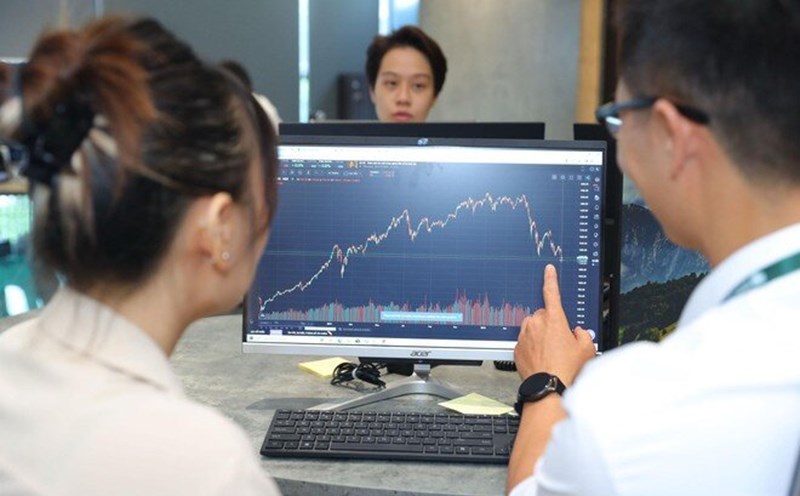New Ho Chi Minh City and cooperation opportunities with Hyogo province
In 2007, Ho Chi Minh City and Hyogo province signed a Protocol to establish friendship. Since then, the cooperation between the two localities has developed rapidly and effectively and become a sustainable model in local-level cooperation.
Mr. Nguyen Loc Ha - Vice Chairman of the Ho Chi Minh City People's Committee affirmed that the city's consistent development motto is to take people as the center, determined not to trade the environment for simple economic growth. Digital transformation and green transformation are not only inevitable trends but also top priorities, key driving forces for rapid and sustainable economic development.
To realize the goal of green transformation, Ho Chi Minh City has established a specialized working group and implemented the Green Development Strategy Framework to 2030, vision 2050.
From July 1, 2025, with the merger of the border with Binh Duong and Ba Ria - Vung Tau, Ho Chi Minh City will enter a new stage of development, becoming the largest urban area in the country in terms of area, population and economic potential, aiming to play the role of a regional economic - financial - logistics, high-tech industry and marine tourism center.
Therefore, cooperation between Ho Chi Minh City and Hyogo province has many breakthrough opportunities, especially in areas such as green economy, circular economy, renewable energy and high-quality human resource training.
At the forum, Mr. Hattori Yohei - Deputy Governor of Hyogo Province, Japan said that the province is promoting the application of advanced technology to deal with the challenge of an aging population, while building a system of certified foreign-employee-friendly enterprises to support workers to work with peace of mind for a long time.
He expects Vietnamese workers after working in Hyogo to return to support Japanese enterprises operating in Vietnam, thereby creating a sustainable "circle of human resources".
Promoting green transformation
According to Mr. Dinh Hong Ky - Chairman of the Ho Chi Minh City Green Business Association (HGBA), businesses in Ho Chi Minh City, especially small and medium enterprises, are facing many challenges when implementing green transformation. The shortage of financial and technological resources is a major barrier to investment in clean production, renewable energy development and building a circular economic model.
In addition, the policy framework to support green transformation, although being built, is still not complete, has not created a legal corridor and strong enough incentives to encourage businesses to convert.
However, Mr. Ky also emphasized that besides challenges, Ho Chi Minh City is facing an unprecedented opportunity in the history of industrial and urban development. The expansion of development space into an integrated super urban area, closely connecting with the old Binh Duong and Ba Ria - Vung Tau.
HGBA hopes to become a bridge to bring Hyogo province's businesses to this emerging ecosystem, while spreading the Japanese green transformation model to the Vietnamese business community through environmental technology cooperation, renewable energy, circular industry and ESG model transfer.
Presenting the strategic orientation on green transformation of Ho Chi Minh City in the new context, Mr. Pham Binh An - Deputy Director of the Ho Chi Minh City Institute for Development Studies said that green transformation is no longer an option but a mandatory trend for sustainable development, especially when the city is facing increasing environmental challenges. This strategy is in line with Vietnam's commitment at COP26, aiming for net zero emissions by 2050.
Ho Chi Minh City aims to become a renewable energy hub of the country, developing wind power, solar power and waste-to-energy. At the same time, the city will transform industrial parks towards ecology, reduce energy consumption, develop public transport and green works.











